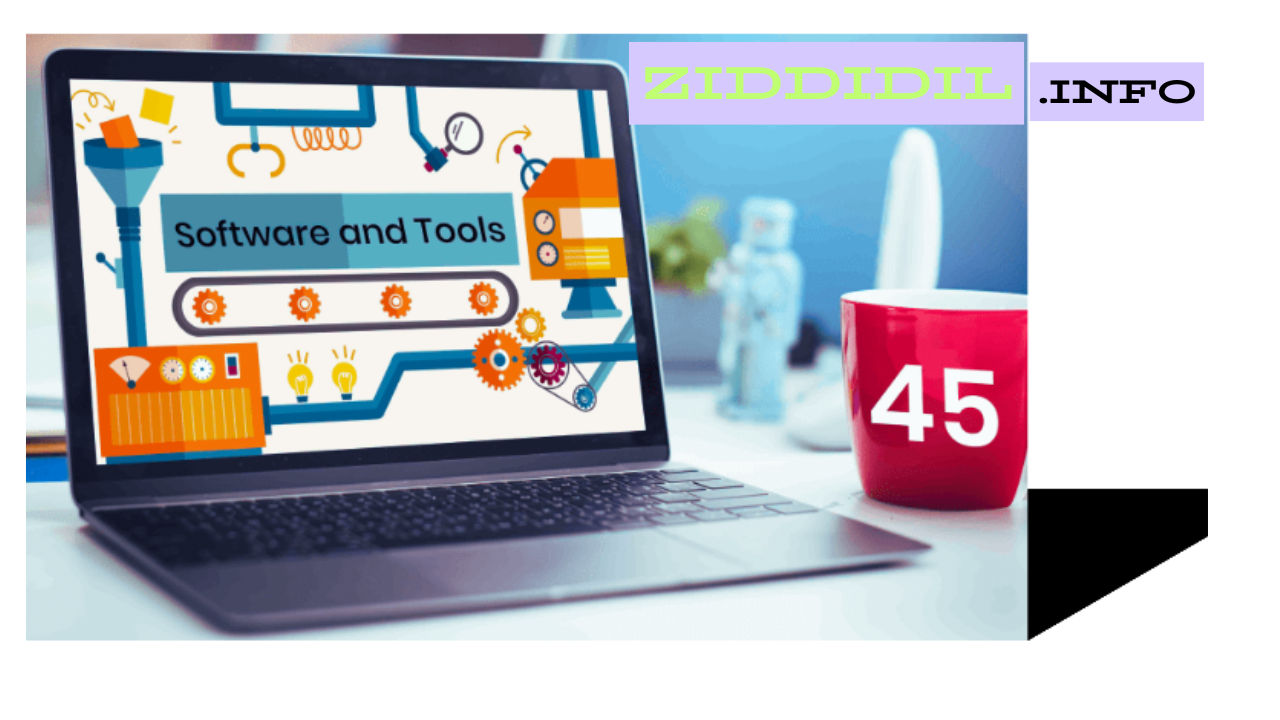Introduction:
Running a small business in 2025 demands the right software solutions to stay competitive. From managing finances to improving productivity, the right tools can transform your operations. In this article, we’ll explore the top 10 software tools that small businesses need to succeed this year.
1. QuickBooks – Best for Accounting
Keeping your finances in check is essential, and QuickBooks provides all the tools you need for bookkeeping, invoicing, and tax preparation.
Features:
- Automated tax calculations.
- Expense tracking for better budgeting.
- Seamless integration with bank accounts.
Why It’s Essential:
Save hours of manual accounting work while ensuring financial accuracy.
2. Zoho CRM – Best for Customer Relationship Management
In 2025, customer retention is key. Zoho CRM enables businesses to manage their leads, sales, and customer interactions efficiently.
Features:
- AI-driven insights for better decision-making.
- Real-time data analytics.
- Integration with email and social media platforms.
Pro Tip: Businesses using effective CRM tools see up to 45% higher customer satisfaction rates.
3. Slack – Best for Team Communication
Collaboration is made simple with Slack, a messaging app designed for seamless team communication.
Features:
- File sharing and integrations.
- Organized channels for projects.
- Video and voice call capabilities.
Why It’s Viral:
Fosters productivity by keeping everyone connected in real time.
4. Canva – Best for Design
Stand out with professional visuals for marketing and branding using Canva.
Features:
- Drag-and-drop editor for easy design.
- Thousands of customizable templates.
- Collaboration features for teams.
Pro Tip: Businesses with strong visual content have 94% higher engagement.
5. Trello – Best for Project Management
Stay organized with Trello, a user-friendly platform for managing tasks and projects.
Features:
- Visual task management with boards and cards.
- Set deadlines and reminders.
- Integration with popular productivity apps.
6. Shopify – Best for E-Commerce
For small businesses venturing into e-commerce, Shopify is the go-to platform for creating and managing an online store.
Features:
- Built-in marketing tools for promotions.
- Secure payment gateways.
- Inventory and order management.
Why It’s Trending:
Easy-to-use tools that scale with your business growth.
7. Mailchimp – Best for Email Marketing
Email marketing is still king in 2025, and Mailchimp makes it effortless.
Features:
- Pre-designed email templates.
- Automation workflows to save time.
- Analytics to monitor campaign performance.
Pro Tip: Businesses with consistent email campaigns see up to 40% higher ROI.
8. Grammarly – Best for Writing
Professional communication is vital, and Grammarly ensures your content is error-free and impactful.
Features:
- Grammar and spell checks.
- Tone detection for better messaging.
- Integration with apps like Gmail and Microsoft Word.
9. Dropbox – Best for Cloud Storage
Safeguard your files and access them from anywhere with Dropbox.
Features:
- Large storage capacities for growing needs.
- Advanced file-sharing options.
- Integration with other tools for collaboration.
10. Google Workspace – Best for Overall Productivity
Enhance your team’s productivity with Google Workspace, a complete suite of cloud-based tools.
Features:
- Google Docs, Sheets, Slides, and Drive for collaboration.
- Secure email via Gmail.
- Video conferencing with Google Meet.
Why It’s Essential:
Perfect for businesses of any size looking for a reliable productivity solution.







